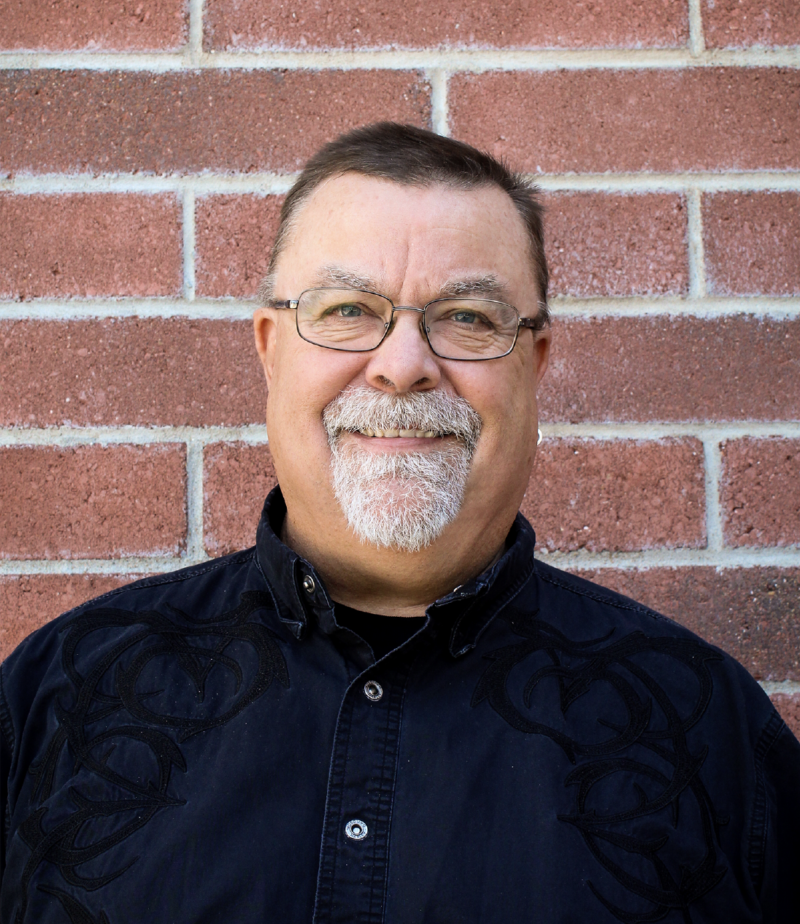I remember my first truly crazy person. I was a television reporter at the time, working for a station in the Midwest. What I didn’t understand is that television towers play a starring role in the narratives of mentally ill folks, particularly those diagnosed with paranoid schizophrenia.
“Roger” – disheveled, unwashed, young and African American – stormed into the station, demanding to speak to our news anchor, a man named Tom.
It was difficult to ascertain exactly what he needed, but in between his rants, my colleagues and I discerned that his behavior was somehow linked to our television towers.
He demanded they be removed, as he believed they were scrambling his thoughts.
He was scary. He was rambling. He was threatening. Thank goodness we acted against our own first instincts, which were to call the police. Instead, we called an ambulance.
In doing so, we may have saved Roger’s life.
If we look past the ongoing riots in Philadelphia, what we clearly see is something being replayed again and again in every town and city across America: mental health crises being treated as crimes.
Today, our cities’ jails and state prisons are the new asylums. It’s estimated that up to 20% of all people in jail and 15% of prison inmates have a serious mental illness. This means that almost 400,000 mentally ill people are behind bars instead of getting active treatment.
As I watched the video of how police responded to Walter Wallace, my heart sank, and tears welled up. One does not need to be a mental health expert to see Walter’s anguish. One does not need to be a mental health expert to see that someone who loved him was following close behind, imploring him to “put the knife down, put the knife down!” One does not need to be a mental health expert to predict life was about to go dreadfully wrong the moment two officers trained their guns on him.
Nine shots later, Walter Wallace lay dying and bystanders were traumatized, probably for life.
Some will argue the police were simply doing their jobs, defending themselves from an assailant and responding as they had been trained. Others will argue to defund the police, citing decades of pent-up injustice and historic callousness towards brown and black people.
I instead urge us to think differently, and with more compassion. Most of all, I urge us all to use our voice and the power of our vote to persuade our elected local state and federal officials to respond to the looming mental health crisis that has been fomenting for decades.
Instead of guns, we need people who are trained in the art of de-escalating conflict to respond to mental health calls. Instead of more jails and prisons, we need expanded capacity throughout our healthcare system, so that someone in a mental health crisis can access the care and services they need immediately, instead of spending days in an emergency room or worse yet, a county jail. Instead of stigma or judgment directed towards those who are strong enough to admit to a depressed or anxious mood or psychosis, we need a willingness to start the conversation and a heart to hold hope during recovery.
People with mental illness can and do get better. Every day, I see the healing power of skilled therapy, psychiatric medications and ongoing support for those who are mentally ill. It is my great privilege to care for them and their families. It is my hope that, like George Floyd, whose death energized people across the globe around police reform, Walter Wallace’s death will spark a similar conversation and response to mental illness.
-Elizabeth Blanchard Hills
Psychiatric Nurse Practitioner at Samuel U. Rodgers Health Center



















